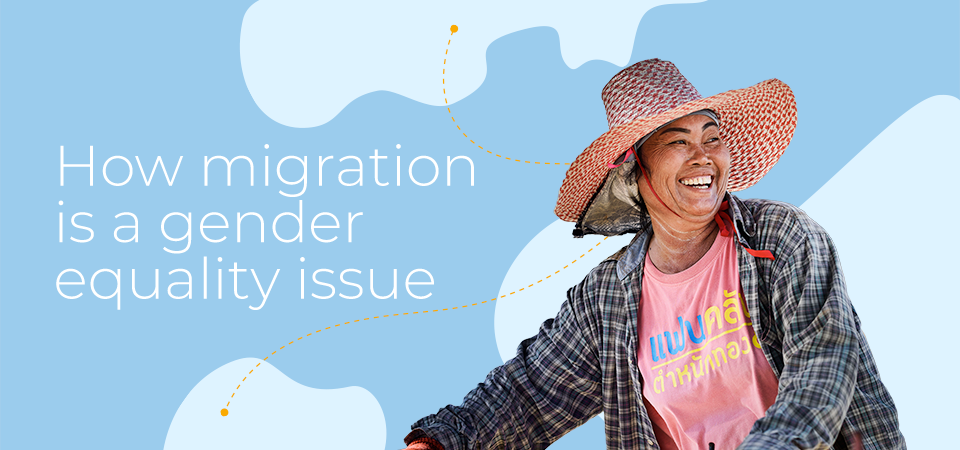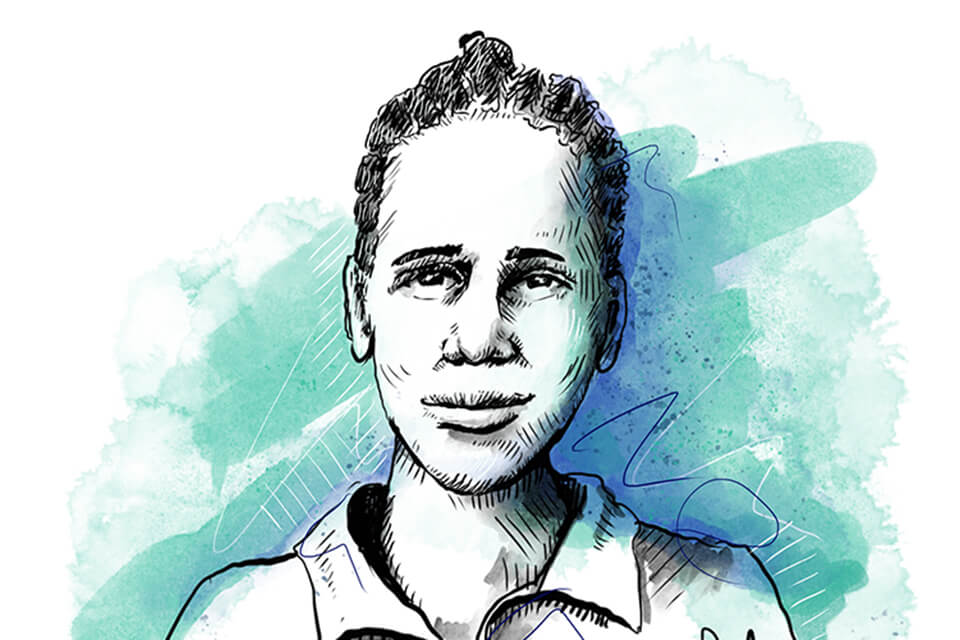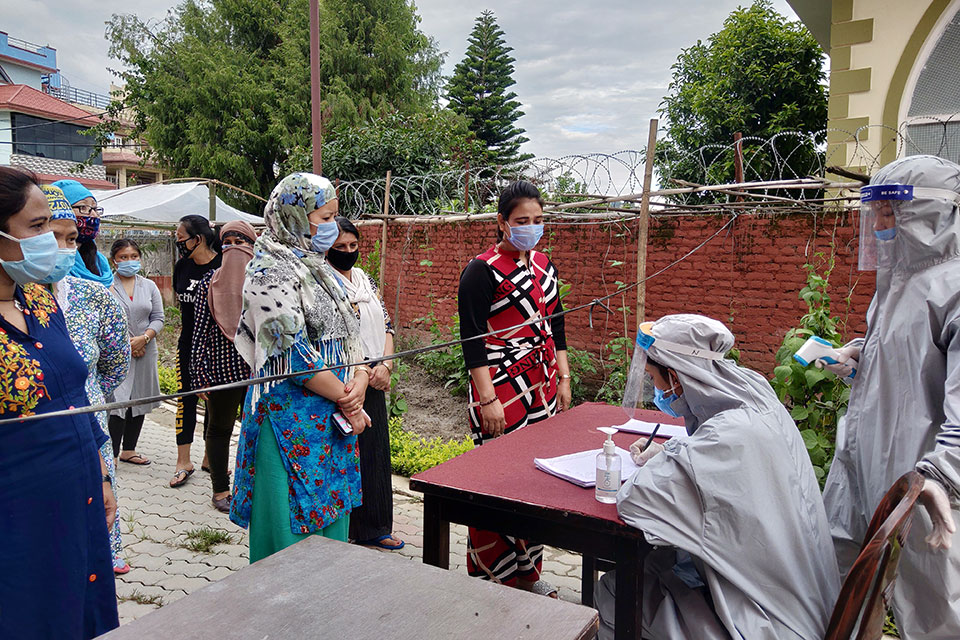UN Women statement, International Migrants Day 2020
Human rights and gender equality at the heart of migration policies and programmesDate:
Today on International Migrants Day, UN Women recognizes and celebrates the vast contributions of migrant women around the world, many of whom are working on the front lines of the COVID-19 crisis, supporting their communities as skilled health and care workers, cleaners, food delivery providers and agricultural workers.
Related stories
For many migrant women around the world, pervasive gender inequalities coupled with systemic racism, violence and other forms of discrimination mean the pandemic has had a devastating impact on their livelihoods and health. Many have lost their jobs while others face an increased risk of infection because remote working is simply not an option for them. Too many migrant women work in low-paid and vulnerable jobs without labour protections, where they are at greater risk of human and labour rights violations including of being trafficked before they reached their destination. And with only around 22 per cent of migrant workers around the world covered by social protection, the financial safety nets put in place by some countries to mitigate lost income are often not available to migrant women and their families.
With borders closed and travel restrictions in place, many women migrants have been unable to leave the countries in which they work, while rates of sexual and gender-based violence have intensified and the economic vulnerability and desperation of migrant workers places them at an increased risk of trafficking.
Despite these challenges, migrant women continue to bring vital benefits to their countries of origin, transit and destination. Every year, some 100 million migrant women send remittances back home; and in spite of the persistent gender pay gap they tend to send a larger portion of their wages than men and to do so more regularly.
These contributions help sustain the economies of many countries around the world and provide a lifeline for families and communities, something which is especially vital during times of crisis. Now, with more than 495 million jobs estimated to have been lost since the start of the pandemic – many in the service sector where some 74 per cent of migrant women are employed – households that depend on these remittances are facing increased vulnerability.
Along with the significant financial contributions that migrant women make, they also bring important social benefits, including the acquisition and transfer of skills, knowledge, ideas and social norms. Dok Samuon, a construction worker in Thailand, returned to her native Cambodia after the COVID-19 pandemic halted her work prospects. Now she is a member of a peer networking group of returnee women migrant workers who share resources, information and migration experiences. “We help future women migrant workers be informed about services available in case of violence, safe contact numbers and what to do in case something happens in the countries of destination,” she says.
The considerable impacts on the health and wellbeing of migrant women during the COVID-19 pandemic underline just how critical it is that all migrants, irrespective of migration status, have access to gender-responsive services. The cost to migrant women’s mental, emotional, health and social status associated with isolation and loneliness, which leads to higher risks of human rights violations, is too often overlooked. To address this, access to comprehensive services, including essential psychosocial support, must be prioritized for all migrants.
With the implementation of the Global Compact for Safe, Regular and Orderly Migration underway, covering all dimensions of international migration in a holistic and comprehensive way, countries have a renewed opportunity to place human rights and gender equality at the heart of their migration policies and programmes.
Together, we must ensure that the specific needs of migrant women are fully addressed, both during the recovery from the COVID-19 pandemic and beyond.
Learn more about how migration affects women and girls with UN Women’s new infographic


